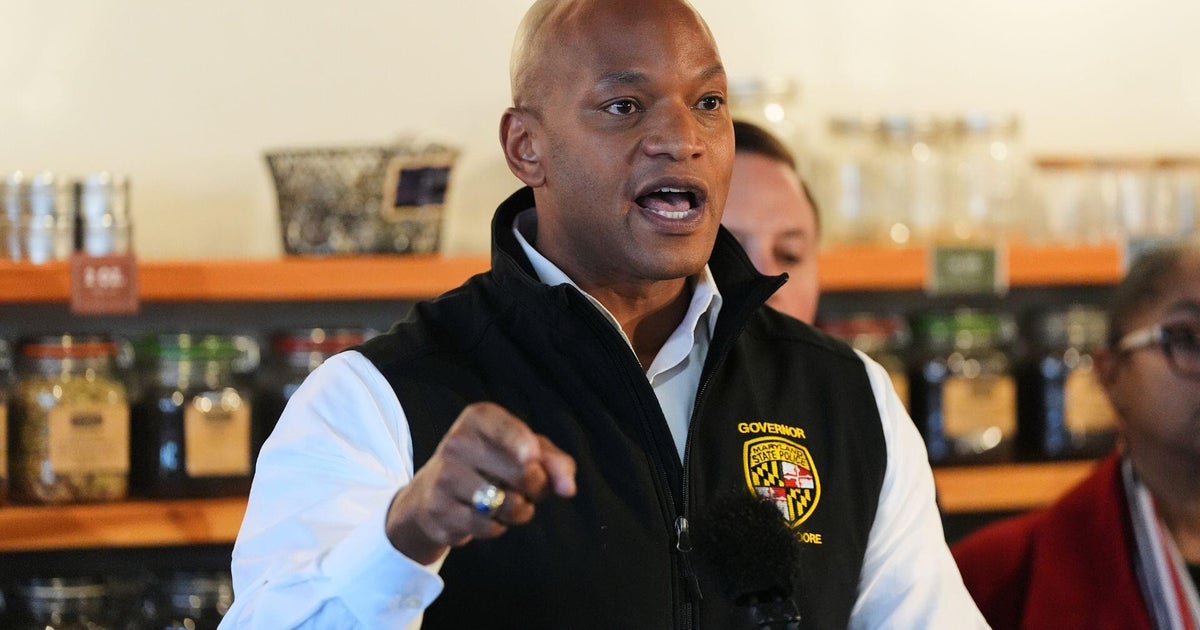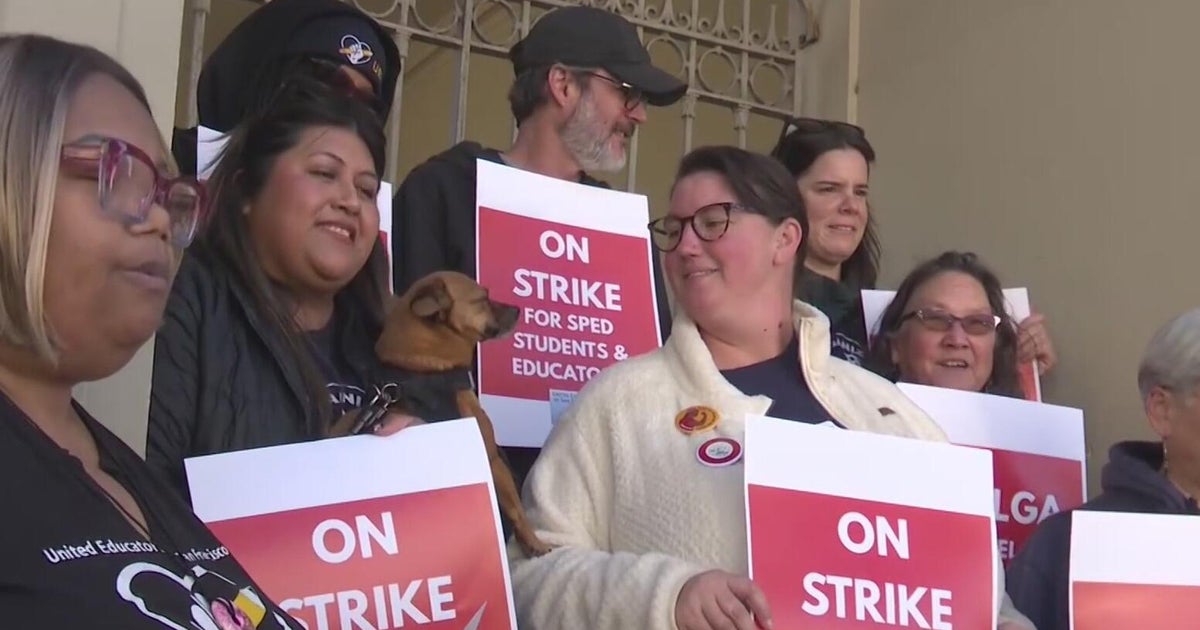Analysis: Romney Still Blessed By Packed GOP Field
MANCHESTER, N.H. (AP) — Mitt Romney is cruising in the Republican presidential contest, blessed by five rivals who continue to attack each other and divide the anti-Romney vote rather than produce a single strong alternative.
That dynamic allowed Romney to stand and smile during long stretches of two televised debates this weekend, while the others ripped one another. With his opposition so diffuse, the former Massachusetts governor has a chance to do something that once seemed improbable: win the South Carolina primary Jan. 21, which would make him the prohibitive favorite for the nomination
Time is running out for staunch conservatives, who have viewed Romney with suspicion, to settle on someone. The crowded field helped Romney to a whisker-thin victory this past week in Iowa, although his plurality was modest.
He long has been favored to win Tuesday's New Hampshire primary, so his critics hope South Carolina will stop his momentum. Romney's Mormonism and past support of abortion rights might hurt him among South Carolina's evangelical voters.
Iowa wasn't considered an ideal fit for Romney, either, yet the stars aligned for him. It might happen again.
Texas Gov. Rick Perry flirted with dropping out after his poor showing in Iowa, but he stayed in. So did former House Speaker Newt Gingrich despite a disappointing fourth-place finish.
No one expected former Pennsylvania Sen. Rick Santorum to drop out after he essentially tied Romney in Iowa. Rep. Ron Paul of Texas runs a libertarian-oriented campaign that almost stands apart, drawing thousands of devotees who say they won't support any nominee except the congressman.
Meanwhile, former Utah Gov. Jon Huntsman, who skipped Iowa, is trying hard in New Hampshire.
The upshot is that the not-Romney sentiment remains dispersed among five rivals. The benefit to Romney was vivid in Saturday night's debate, when Paul engaged in long, heated exchanges with Santorum and Gingrich, as if they had conceded the race to Romney and were fighting for second.
Perry seemed almost an afterthought.
"Romney did everything he wanted and got out of there without anyone giving him a hard time," said a delighted John Sununu, the former New Hampshire governor who backs Romney.
In Sunday's debate, Gingrich and Santorum seemed to realize that Romney had gotten off too easy the night before.
Gingrich asked Romney to stop the "pious baloney" of claiming he's not a lifelong politician, noting that Romney extended his time in business by losing a Senate race in 1994 and a presidential bid in 2008. Gingrich, citing news reports, said a corporate takeover firm once headed by Romney "looted a company, leaving behind 1,700 unemployed people."
Santorum attacked Romney's conservative convictions. "We want someone who's going to stand up and fight for the conservative principles," he said, "and not run to the left of Ted Kennedy," the late Democratic senator who beat Romney in 1994.
Romney defended himself and counter-punched a bit. But the fireworks soon moved to Santorum's offensive against Paul. Romney watched contentedly, like a football coach running out the clock with a solid lead.
It's still possible for Romney to lose the nomination. But it won't happen unless one rival consolidates the opposition vote and sends the others home.
A group of evangelical leaders plans to meet in Texas to pursue such a strategy. There's no guarantee of success, however, because Santorum, Perry and Gingrich all make strong claims on conservatives' loyalties. They also have serious shortcomings.
Perry, who promotes a fiscally lean record in Texas, led an August "call to prayer for a nation in crisis" in Houston, which drew 30,000 people. He seemed poised to become the non-Romney champion when he entered the race that month, but he quickly faded after poor debate performances.
Many conservatives revere Gingrich for leading the 1994 "Republican Revolution," which gave the party control of the House and began an era of partisan battles with President Bill Clinton and other Democrats. But Gingrich's House career ended in ethics and political woes. His later deviations from conservative orthodoxy on climate change, entitlement cuts and other issues have angered some on the right.
Santorum was largely overlooked until his last-minute surge in Iowa. He is a longtime advocate of home schooling, anti-abortion efforts and other endeavors dear to many conservatives. But Santorum lost his 2006 bid for a third Senate term from Pennsylvania in a landslide. His ability to raise money and withstand the rigors of a nationwide race is unproven.
Romney doesn't have to win in South Carolina to remain the front-runner. The next contest is Jan. 31 in Florida, a sprawling state where his campaign money and organization could help him tremendously.
While Romney watches his rivals batter each other, President Barack Obama leaves little doubt about which Republican he sees as his likely opponent. During Sunday's GOP debate, the Obama campaign, under the president's name and photo, tweeted: "Romney said during last night's debate that he wants to give relief to the middle class. But his tax plan wouldn't."
Conservatives who don't want a Romney-Obama matchup in November will have to act soon.
Copyright 2012 The Associated Press.







